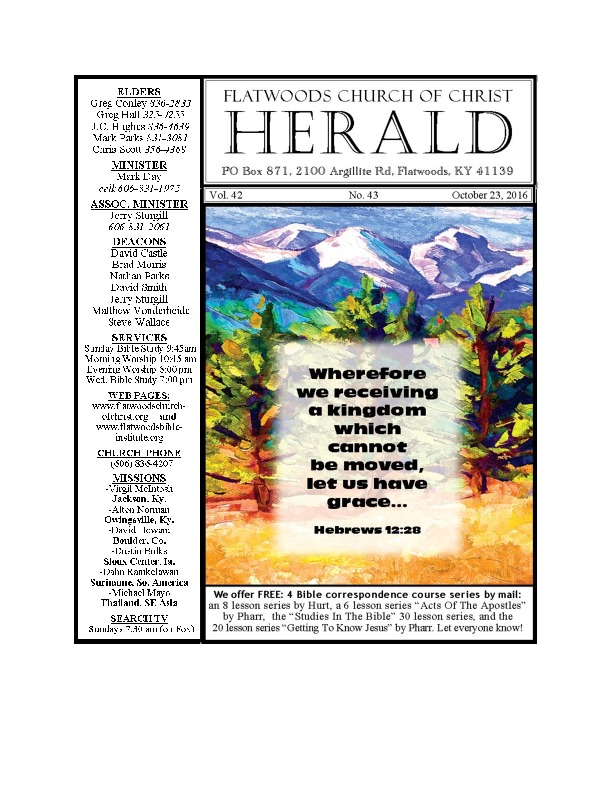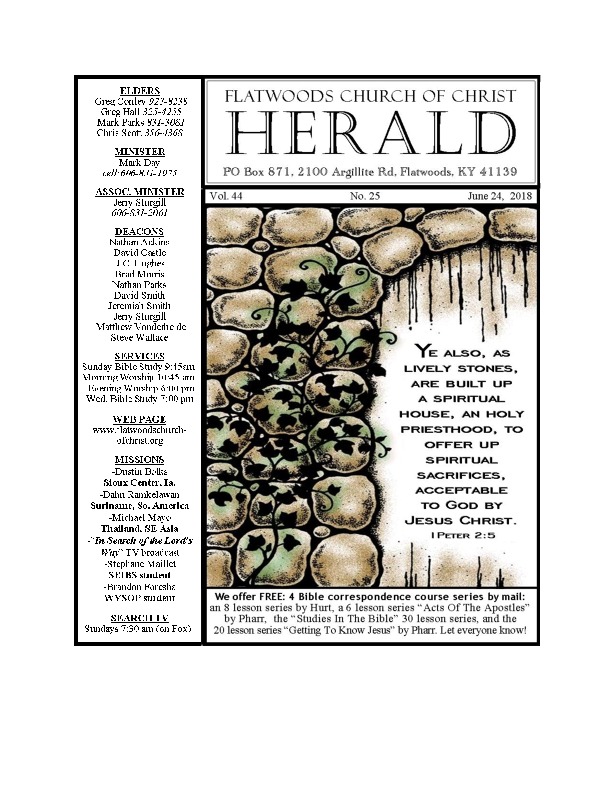

Bjørkman criticised the investigating commission as its final report did not establish whether doors were closed or not. The vessel had 10 watertight doors on the tanktop level of the ship. Bjørkman was of the opinion that the vessel must have had a severe leakage of the hull below the waterline and that water must have spread to several compartments through open watertight doors. It was international practice to use green lights for doors closed and red lights for doors open, but there were indications that it was the opposite on board the ESTONIA. There may have been confusion about the colour of signalling lights on the bridge panel for doors open or doors closed. At a Lloyd's List Event Conference in London in 2003, Anders Bjørkman of Heiwa Co stated that the vessel had 22 doors in watertight bulkheads below the superstructure, and that those doors could be opened and kept open from the bridge. In addition to the official report, there have been different views concerning the sequence of events that led to the sinking. In 1994 the Ro-Ro passenger ferry ESTONIA sank in the Baltic Sea with the loss of 852 lives. When the vessel struck an object, the engine room was holed and water entered the ship and flooded the cargo holds by way of the open door. In 1985 Transport Canada issued a bulletin concerning the sinking of a large cargo vessel attributed to the fact that a watertight door had been left open in the forward engine room bulkhead. Power-operated sliding doors, capable of being closed from the bridge, have undoubtedly made ships safer in case of flooding, but unfortunately they have increased the dangers to individual crew members using such doors. Further amendments were adopted in 1989, all entering in force on 1st February 1992, the most important being the changes in regulations for openings in watertight bulkheads in passenger ships.
The herald bulletin free#
As a result of the accidents with the EUROPEAN GATEWAY and the HERALD OF FREE ENTERPRISE, the UK approached the IMO with suggestions for new regulations, resulting, among other things, in 1988 amendments to SOLAS requiring indicators on the bridge for all doors that could lead to major flooding if left open. In 1987 the Ro-Ro passenger ferry HERALD OF FREE ENTERPRISE capsized and sank with the loss of 193 lives, having left the Belgian port of Zeebrugge with an open bow door. UK national regulations were amended accordingly, so all sliding watertight doors which could be open at sea were to be power-operated and capable of remote control. Following formal investigations and court proceedings, a number of recommendations were made, one of them being that power operation of watertight doors should become mandatory. Attempts had been made to close two of the doors without success.


The doors complied with the regulations in force at the time, but could only be closed manually. In the investigation that followed it was revealed that watertight doors giving access to machinery spaces were open at the time of the collision. The hull of the EUROPEAN GATEWAY was badly breached and the ship capsized and sank in shallow water with the loss of six lives. In 1982 the Ro-Ro passenger ferry EUROPEAN GATEWAY collided with a vessel at the entrance to the port of Harwich, UK. Ship accidents leading to new regulations The paper's marketing slogan is "Because Life Changes Daily".The incidents described in the following article are examples of some of the risks posed by watertight doors to the safety of ships. Ingersoll sold the paper to Thomson Corporation in 1990 in 2000, Thomson sold it to CNHI. Upon their sale to Ingersoll Publications, the two were combined into one morning edition, The Herald Bulletin, starting April 5, 1987. Īnderson's two separate newspapers began operating as one company in 1949, publishing the Anderson Herald, founded as a weekly in 1868, in the morning, and the Anderson Daily Bulletin in the afternoon. The Herald was established as an independent Republican paper in 1868, by Stephen Metcalf. The Bulletin was established as a daily in 1883, adding a weekly edition on Saturday in 1885. It is owned by Community Newspaper Holdings Inc. The Herald Bulletin is a daily newspaper serving Anderson, Indiana, and adjacent areas northeast of Indianapolis. 1133 Jackson Street, Anderson, Indiana 46016 United States


 0 kommentar(er)
0 kommentar(er)
